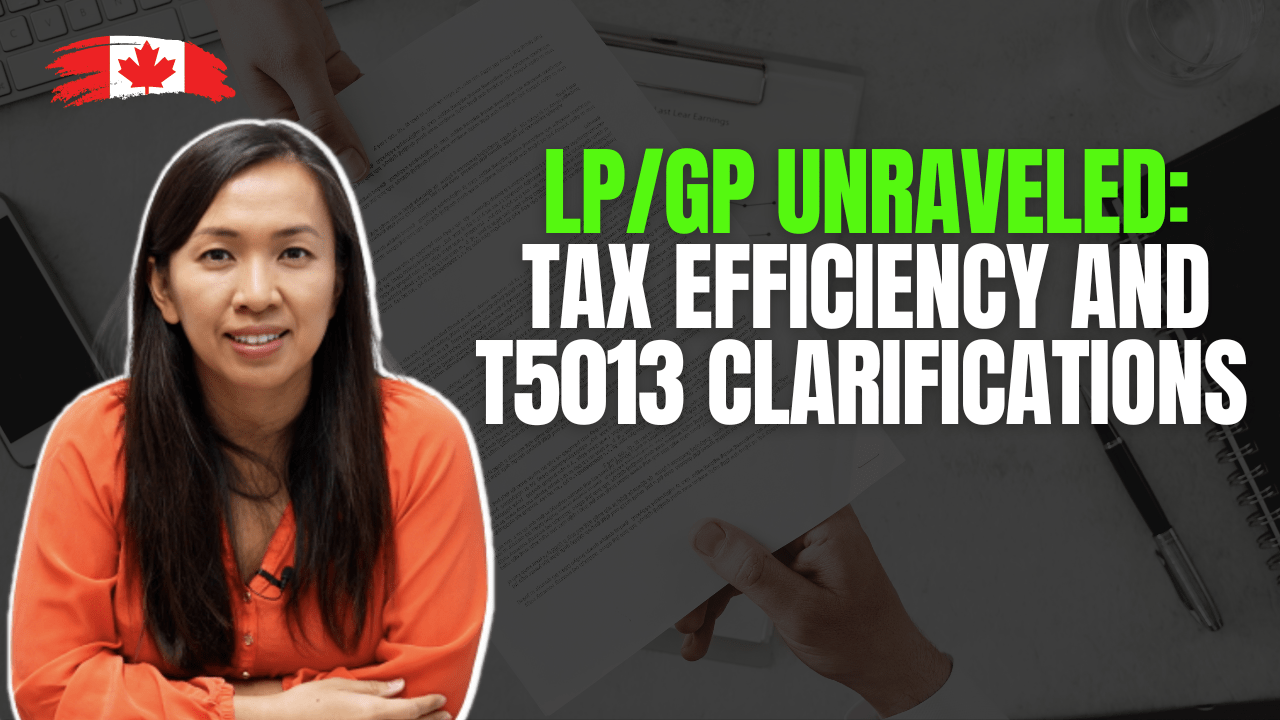Back to school week!
My daughter is in Junior Kindergarten this year.
Since she had been in half day daycare five days a week last year, I didn’t expect to get emotional when she’s off to the full-day kindergarten on Tuesday.
I woke up bright and early in the morning prepping her lunch. It was strange that she would be eating lunch, without much assistance, in school with her classmates.
We took her to the bus stop patiently waiting for her school bus. We were so grateful that our neighbour’s daughter agreed to be Robin’s school bus buddy.

I felt uneasy when I watched her getting onto the bus. (I didn’t even drop her off at school myself the first day.)
Both Erwin and I were a bit emotional. There were times that we felt that we couldn’t wait for her to grow up and of course, there are moments like this that make us realize time flies by quickly and we don’t want her to grow up so fast. ?
It wasn’t easy for Bruce, our younger son, either. He was a bit lost without Robin. When Robin came home the first day, they hugged each other for 10 seconds twice. They miss each other’s company.
Hope everyone has had a great first back to school week as I did.
Now, onto this week’s topic: joint venture and HST.
Before we further delve into this topic, you might want to keep in mind that a joint venture is different from a strategic alliance. Blogs that discuss joint venture vs strategic alliance can provide you with more information on that topic.
Joint venture investing is an interesting concept. For real estate investors who do not have enough cash and/or credit available, having joint venture partners can help you grow your portfolio substantially.
A joint venture agreement must be signed specifying the roles & responsibilities.
You may be the real estate expert responsible for scouting for under-value market properties and putting a deal together.
You can also be the money partner qualifying for mortgages, hands off and let your JV partner handle everything else and still earn a better return than the average mutual funds can get you.
-
A joint venture can also be applied to different investing strategies, these include:
- Fix and flips
- Buy, renovate, refinance and hold
- Rent to owns
- Student rental
- Legal two units
- Multi-unit buildings
- Real Estate developments
Tax implication is different for each type of strategy.
For example, if you are buying a long-term buy and hold property, the rental income and expenses are reported on your tax return based on your ownership interest. Gain from the sale of the property is considered capital gain and both you and your partner are taxed at your respective tax rate on 50% of the capital gain.
If you do fix and flip, profit generated is considered 100% income. Both you and your partner are taxed at your respective tax rate on 100% of the net income.
In another word, the deal itself drives the tax treatment of your joint venture.
-
Joint ventures can also be formed by more than 2 or more parties.
If you have a group of people that would like to invest together, you can do so by forming a joint venture. There’s no limit regarding the number of parties involved.
-
Joint ventures can be formed with a different type of legal entities
If you are a veteran investor and have already incorporated, your corporation can be the one on the joint venture agreement.
A corporation can be one party to the joint venture agreement, while the other party can be a person (no corporation).
Your corporation can report the proportional income and expenses based on the ownership structure.
Your JV partner can report the proportional income and expenses in his personal tax return.
It can also be something simple, two corporations or two people forming a JV to invest.
-
Setting up one corporation for one joint venture partner may not be necessary
If your joint venture is a simple buy and holds residential single detached home, it may be pretty pricey to set up one corporation for one property holding. (The more corporations you have, higher the maintenance costs are!)
You can use your corporation, have it co-owned with the co-venturer to save on filing cost.
Of course, for a bigger project such as a multi-unit residential building or commercial building or land development, you may want to set up one corporation for one property, simply because of the risk involved.
-
Little unknown HST exposure, especially without a proper JV agreement
Recently, I came across a court case whereby the CRA thinks the sweat equity partner’s share of profit is considered as property management fees which are subject to HST.
If you are investing together, profits from residential resale, for the most part, are not subject to HST.
When you sell and get $100K profit, imagine this lump sum is subject to HST. This means that instead of $100K, you’re only getting $88K and $12K is payable to CRA as HST?!
$12K is a lot of money still.
The key here is to have a properly written contract, specifying how you are sharing the profit.
As for the taxpayer in the court case, the judge ruled in his favour, and there was a JV arrangement existed between the parties. Hence, the share of the profit isn’t subject to HST in his particular case.
-
Joint ventures require an agreement
And sometimes, it’s hard to bring up the topic with friends and families.
But it is the MOST IMPORTANT step from a legal and tax perspective for the following reasons
- You always sign an agreement when you’re at the beginning of the relationship when everything is going right, and everyone is happy.
- The agreement would indicate that both you and your joint venture co-venturer are entering into a joint venture deal. This is also one of the considerations CRA would look at to determine the validity of the transaction.
- Force you to be upfront about the roles and responsibilities: Some investors are very hands off while others are very hands on. It is always nice to have an agreement to divide roles and responsibilities. Who is the one managing the contractors? Who is the one preparing the books and records? When are funds distributed?
- Profit distribution must be clear: At the end of the day, you are in the deal to make money. It’s important to specify how the annual profit is distributed and how the profit from the sale is a dividend.
- Have an end game in mind: Most joint venture agreements that came across my desk have a duration of either 3 or 5 years. You can extend the joint venture agreements at the end but having a tentative plan in mind is the key to a successful JV relationship.
- Make conflict resolution easy: What if you find out your best friend isn’t really what you expected, and you have disagreements on how things should be handled? Having a conflict resolution in the agreement can set up the expectation properly. If you can’t handle him anymore, or maybe he can put up with you before the end of terms, do you have a clause to buy each other out? How would you handle the situation?
- Be prepared for the unexpected – what if someone passes away? Who’s going to take care of the property? Does the surviving co-venturer continue? These are the questions that need to be figured out in the agreement just in case.
Good luck with joint venture investing. ?
Until next time, happy Canadian Real Estate Investing.
Cherry Chan, CPA, CA
Your Real Estate Accountant






Jack Reynolds
Wish you were in my area, id love to sit with you and talk partnership over coffee. My lack of social skills keep me trapped in stocks and reits which only returns an average of 17% annually. If i had your charisma, id be all over strip center real estate.